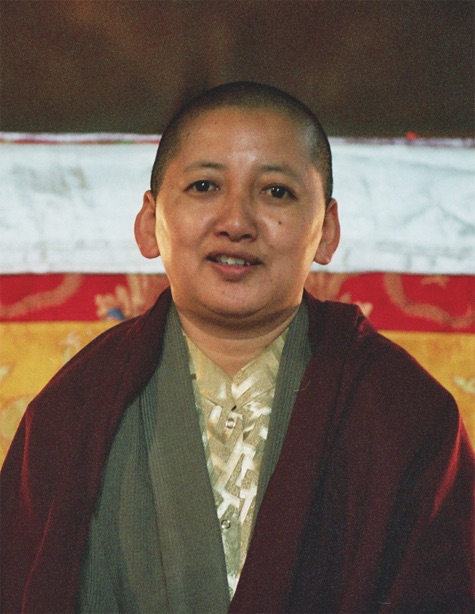What are the “ten harmful activities” that Geshe Sonam Rinchen referred to in his article “Like a Pig in . . .” in the Winter 2006 issue?
–Happy Joanna Lawrence
Greenville, South Carolina
There are ten actions that we must become completely aware of and completely abandon in our lives. They are divided into three unvirtuous actions of the body: killing, stealing, and sexual misconduct; four unvirtutous actions of speech: lying, slander, harsh speech, and idle chatter; and three unvirtuous actions of mind: covetousness, wishing harm on others, and wrong view.

Bringing them to mind often reminds me of monastics about to take ordination. When we first hear the vows, we’re so enthusiastic and confident that we will never commit any of the root downfalls. After all, none of us goes around stealing, or killing, or telling lies. But after taking the vows and observing ourselves more carefully, we find there’s hardly any action that doesn’t hurt someone or cause some kind of harm. Because of that awareness, we’re able to train ourselves to become better.
Sometimes people get very rigid and tense trying to be good, disciplined, and ethical. Tension can also arise when we become more aware of the immense amount of destruction—seen and unseen, intentional and unintentional—that our mere physical existence causes. From a Buddhist point of view, however, this is what it means to be born in samsara, and this is why we need to attain freedom from samsara.
♦
From This Precious Life: Tibetan Buddhist Teachings on the Path to Enlightenment, © 2003 by Khandro Rinpoche. Reprinted by arrangement with Shambhala Publications, Inc., shambhala.com.
Thank you for subscribing to Tricycle! As a nonprofit, we depend on readers like you to keep Buddhist teachings and practices widely available.